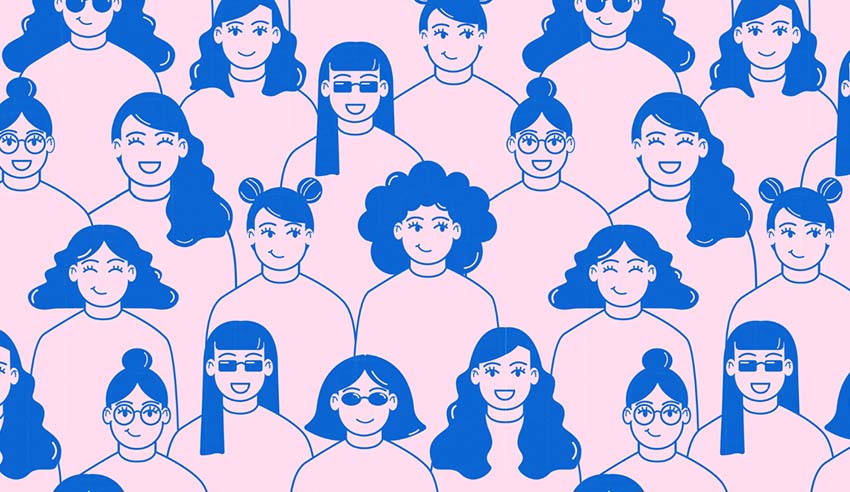Following years of anglicising her name on job applications, an aspiring lawyer has told Protégé that it is “disheartening” to have a recruiter or hiring manager look at her name and come to assumptions about her language, cultural background or working rights before considering her wealth of skills and experience in the profession.

Juris doctor graduate Nipuni Barandiwattage said there have been “a few extra hoops” to get to the same place as her peers, simply because “she has a name that sounds foreign”. Appearing on The Protégé Podcast to chat about her wills and estates work with La Trobe University’s legal clinic, Ms Barandiwattage said that because of her name, “it has been much harder to get my foot in the door for jobs”.
Reflecting on her earlier experiences of job hunting, Ms Barandiwattage said that most of her jobs she has gotten, “I’ve gotten because I’ve anglicised my name”. This, she added, caused a lot of cultural anguish as she tried to disassociate with her culture and her background. Now, Ms Barandiwattage says she is proud of who she is and her cultural background, and “the right organisation will want me for me”.
“It’s a hard reality for me that in choosing to continue to apply for jobs with my name, and everything that comes attached to that, it’s disheartening to think that someone will look at my name and disregard my skills and my experience,” she said.
During her time at La Trobe, Ms Barandiwattage took a last-minute position with the Wills and Wishes clinic. This decision “defined where I wanted to be as a lawyer”, and she has since developed critical interpersonal and critical thinking skills that have time and again been applied to real-life client situations. The fulfilling work and the impact this has on her clients is “part of the reason that I am still here”.
Reflecting on what other legal workplaces can do to improve their diversity, Ms Barandiwattage said that it has to be more than just “writing down that you have got a commitment”. Firms should have practices in place to ensure that diversity is actually happening in the workplace, and there needs to be “greater awareness” within hiring practices and with recruiters that “these are the kinds of issues that people of colour deal with on the regular basis when they are job hunting”.
“This should also be a core subject or something that you are taught at university. As a woman, and I’m sure a lot of women would agree, trying to find a place in law is really hard. There is awareness there. I think there needs to be added awareness of what if you’re coloured and a woman? Or what if you speak a different language, or English is your second language, and you’re working in the profession?
“We think that we are on top of this when we’re not. Everyone should be part of this conversation,” Ms Barandiwattage said.
For more on Nipuni’s experiences in the legal profession, including her work with La Trobe’s Wills and Wishes clinic, have a listen to the episode here.
